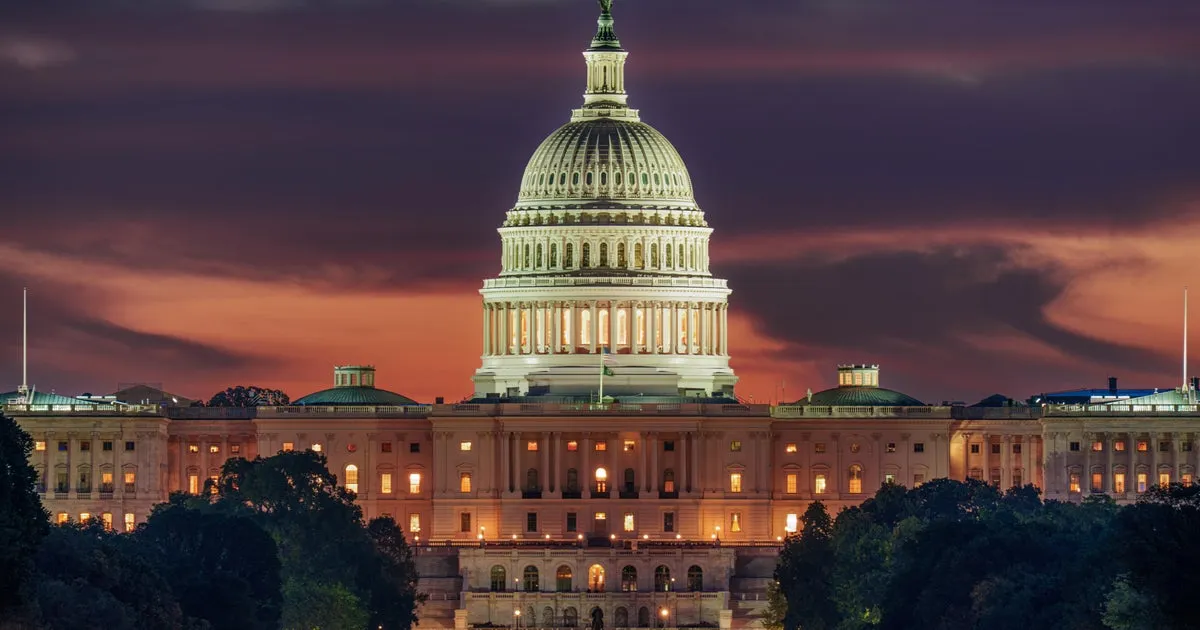
The ongoing government shutdown is causing significant disruptions, with missed paychecks and potential lapses in benefits heightening the urgency for a resolution. As federal employees and citizens alike face financial uncertainty, the pressure is mounting on lawmakers to negotiate a deal that can restore normal operations. The shutdown has already affected millions, and the longer it continues, the more severe the consequences will be.
With each passing day of the government shutdown, the ramifications grow more severe. Federal workers are not receiving their paychecks, which could lead to difficulties in meeting basic living expenses. Additionally, various government services are experiencing interruptions, creating a ripple effect that impacts numerous sectors across the economy.
Experts warn that the situation is likely to deteriorate further. Here are six critical ways the shutdown could escalate:
Increased Financial Strain: As federal employees miss paychecks, their financial stability may falter, leading to increased reliance on loans and credit. Impact on Food Aid: Millions risk losing essential food assistance programs, further exacerbating food insecurity across the nation. Delayed Government Services: The shutdown is slowing down essential services, from passport processing to veterans’ benefits, causing frustration and hardship. Market Volatility: The uncertainty surrounding the shutdown is contributing to fluctuations in the stock market, impacting investors and retirement accounts. Public Health Risks: With government health agencies operating at reduced capacity, public health monitoring and response may be compromised. Widening Political Divide: The standoff between Democrats and Republicans, particularly with the blame game centered on former President Trump, is deepening political fractures and complicating negotiations.As the shutdown continues, Democrats remain firm in their strategy, often pointing fingers at former President Trump for the current impasse. They argue that a resolution must prioritize the needs of federal workers and citizens affected by the shutdown, emphasizing the importance of restoring funding for critical programs, including food aid.
The largest federal workers’ union has voiced strong opposition to the prolonged shutdown, calling for an immediate end to the crisis. They argue that the lack of pay and uncertainty surrounding jobs is unsustainable for workers and their families. As the pressure mounts, union leaders are advocating for swift action from Congress to end the shutdown and restore financial security for federal employees.
As analysts speculate on the future of the government shutdown, the question remains: will a resolution be reached soon? The complexities of partisan politics and the ongoing negotiations indicate that the path to ending the shutdown may be long and fraught with challenges. Stakeholders from various sectors are watching closely, hoping for a timely resolution that can alleviate the strain on federal workers and the economy as a whole.